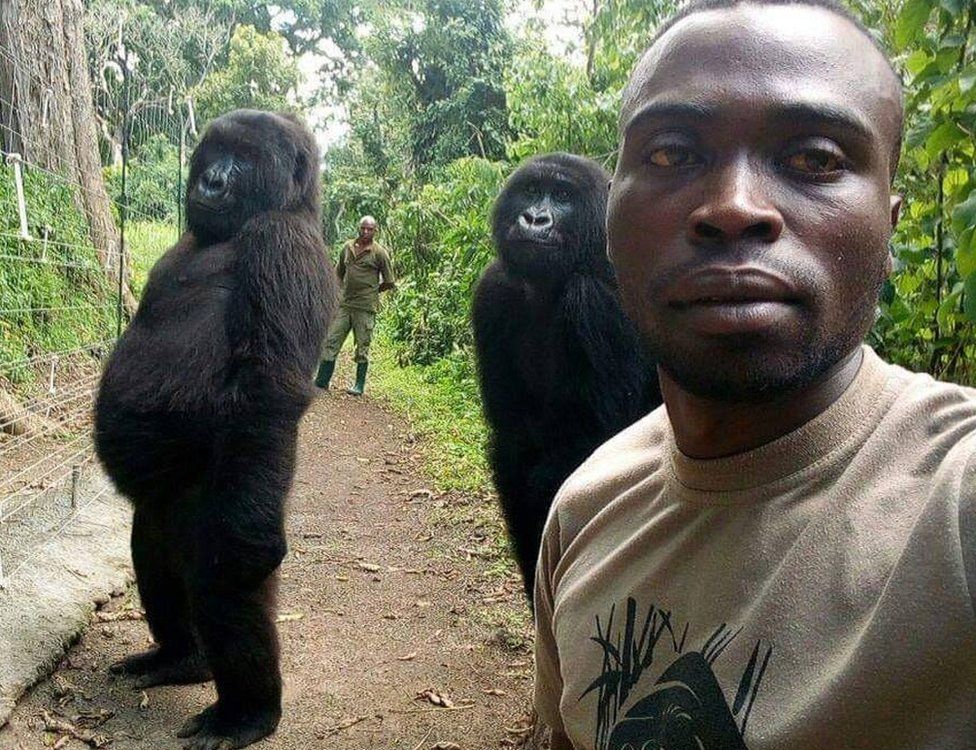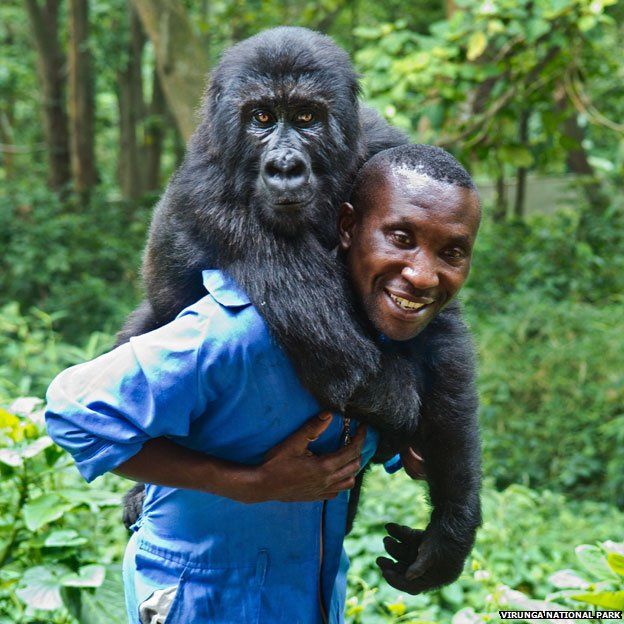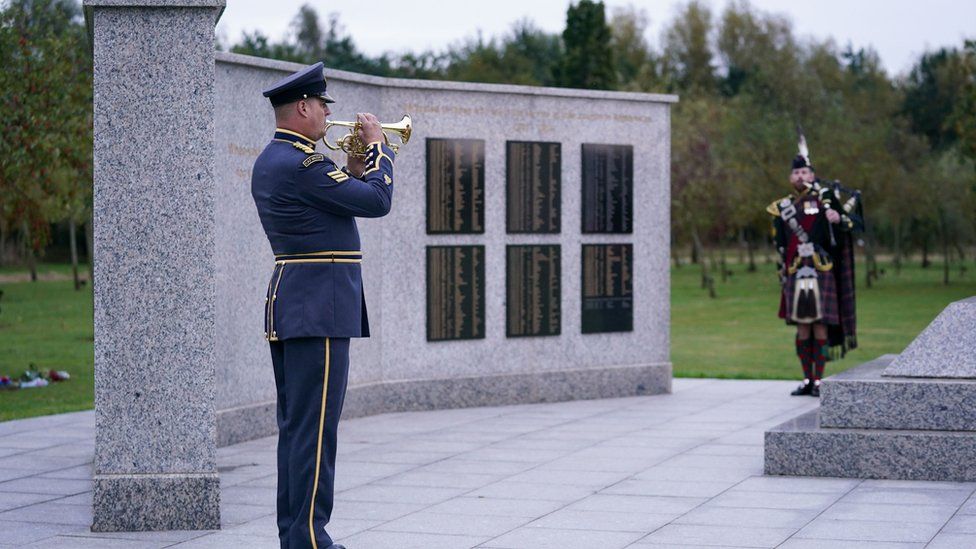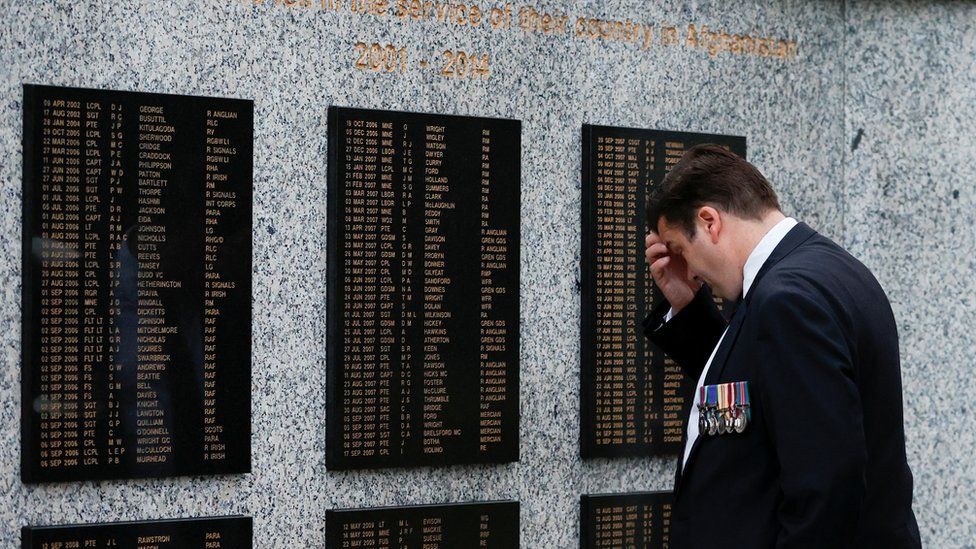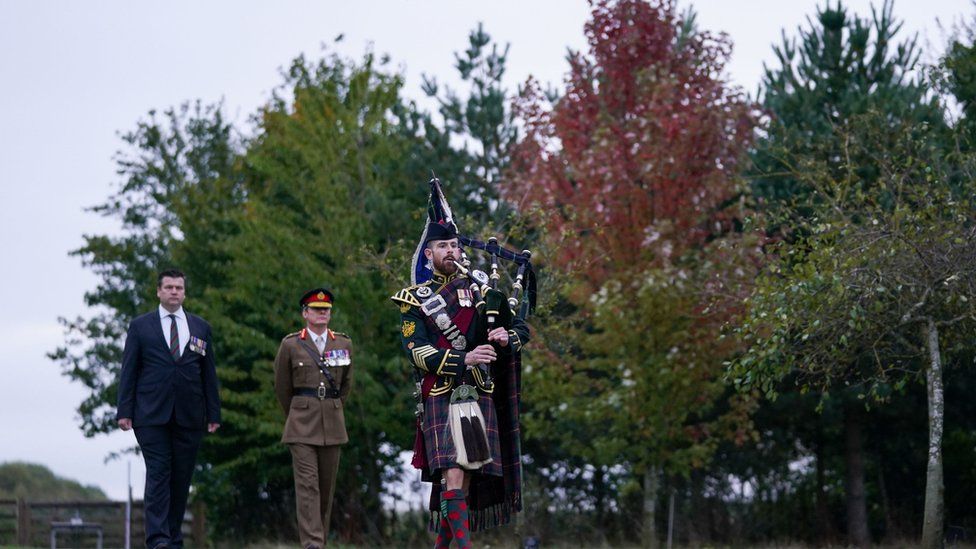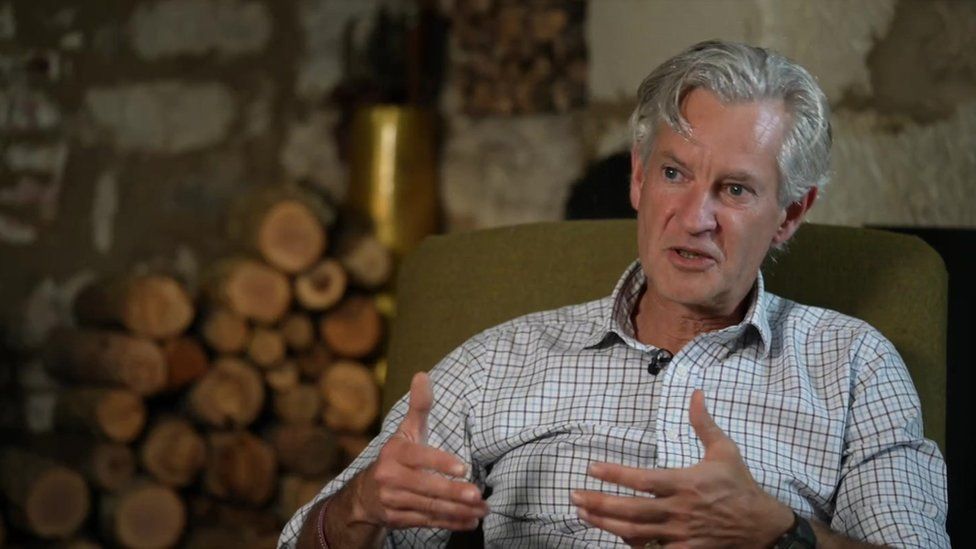Divestment
Actively swap your financial institutions or services to more sustainable options!
Good evening dear friends,
Welcome to our program! It's great to have you with us.
Divestment is when people move away from industries that are unsustainable and instead choose investments, banks, energy providers, and other companies that are opting for sustainable options.
Financial institutions provide the capital that funds over-exploitation of land and seas. In 2019, the world’s 50 biggest banks provided $2.6tn in loans and other credit to sectors with a high negative impact on biodiversity, such as forestry and agriculture.
We need to take action to ensure we support those that enables SDG 12 (sustainable consumption and production). Did you know that just 100 companies, all in the oil and gas industry, are responsible for 71% of global carbon emissions?
As the international community seeks consensus about how to drive energy transition globally, major international banks – including many that are prominently involved in the financing of oil and gas projects – have responded by entering into several agreements, committing to solely finance projects that will attain net-zero emissions between 2030 and 2050. One such agreement is the United Nation’s backed Net-Zero Banking Alliance which represents some of the world’s largest banks from 27 countries with assets of more than US$ 37 trillion. The Net-Zero Banking Alliance requires its members to curtail lending to the oil and gas sector within the next 36 months, ultimately restricting access to finance for companies like Sonangol.
Restructuring for the future
Under the leadership of its Chairman and CEO, industry veteran Mr. Sebastião Gaspar Martins, Sonangol has accelerated its divestment program which it is hoped, will bring in billions of dollars in much needed financing through the sale of non-core assets. Revenue from the sale is expected to strengthen the balance sheet of a much leaner and focused exploration and production entity. Over 70 shareholdings held by sonangol in companies across the world, including in real estate, oil and gas services, financial services, tourism, logistics, telecommunications, aviation and some operating blocks are up for sale.
For a cleaner future, it’s critical to reduce fossil fuel drilling on public lands. We need to equitably transition to responsible renewable energy including solar and wind to fulfill our energy needs while preserving our environment and communities.
Fossil fuel divestment
Divestment is the opposite of an investment – it simply means getting rid of stocks, bonds, or investment funds that are unethical or morally ambiguous.
When you invest your money, you might buy stocks, bonds, or other investments that generate income for you. Universities and colleges, religious organizations, retirement funds, and other institutions put billions in these same kinds of investments to generate income to help them run. Fossil fuel investments are a risk for both investors and the planet, so we’re calling on institutions to divest from these companies.

Divestment is also to end to fossil fuel sponsorship. Fossil fuels companies cultivate sponsorship relationships to help create a ‘social licence to operate’. This contributes to the veneer of legitimacy that enables them to keep expanding operations at a time of climate crisis and to stifle the demands for justice of those communities who live on the frontline of their destructive, polluting operations.
Campaigners working toward freeing communities from fossil fuels. The majority of campaigns are asking institutions to:
- Immediately freeze any new investment in fossil fuel companies;
- Divest from direct ownership and any commingled funds that include fossil fuel public equities and corporate bonds within 5 years;
- End their fossil fuels sponsorship.
Fossil fuel divestment takes the fossil fuel industry to task for its culpability in the climate crisis. By naming this industry’s singularly destructive influence — and by highlighting the moral dimensions of climate change — we hope that the fossil fuel divestment movement can help break the hold that the fossil fuel industry has on our economy and our governments.








